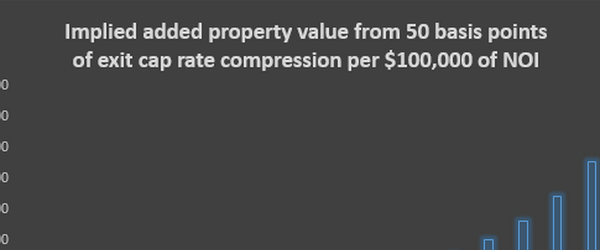The 1031 Exchange, Section 1.1031 was established in 1990 after the Internal Revenue Code finally decided on the rules for Deferred Exchanges. As one of the best-kept secrets, 1031 Exchanges have become more and more popular as many real estate buyers and sellers have become aware of this method of deferring capital gain taxes on the sale of a property by re-investing the proceeds into the like-kind property. The purpose of a 1031 Exchange offers significant tax advantages, however, to qualify; the 1031 Exchange must be done within specific guidelines stipulated by the Internal Revenue Code.
Like-kind property consists of real and personal property such as real estate, art, aircraft and boats, etc. The property being exchanged must be like-kind. For personal property to qualify, it must be depreciable and part of the daily operations of a trade or business.
1031 Exchange is ideal for anyone who will net a gain on the sale of real property that has been depreciated for tax purposes and/or has experienced appreciation in value.
Some Reasons to consider a 1031 Exchange:
Defer capital gains taxes
Diversify and own several properties instead of only owning one property
Relocating to a new area
Changing property types between residential, commercial, etc.
The ability to defer all capital gains taxes from real estate investing
1031 Exchange Guidelines
The real property being sold and purchased must be like-kind or for personal property, must be part of the daily operations of a business or trade.
Proceeds must be transferred thru a qualified intermediary and cannot be touched by the one benefiting from the 1031 Exchange.
All proceeds must be reinvested in the replacement property or they become taxable.
The replacement property or properties must be equal or greater in value than the value of the exchanged property and the equity in the replacement property must be equal or greater than the exchanged property.
Deadlines
Identification period? After selling the property to be exchanged, the replacement property must be identified within 45 days. (Saturday, Sunday and holidays are NOT excluded from this 45-day deadline.
Exchange period? The exchange must be completed within 180 of the date of the exchanged property closing and before the taxpayer?s tax return date
Identification of Replacement Property
3-property rule:
Any three properties may be identified as potential replacement properties for the exchanged property.
200% rule:
Any number of properties may be identified as long as the total combined market value of the replacement properties does not exceed the market value of the exchanged property by 200%.
95% exemption:
Any number of properties may be identified as long as 95% of the combined value of these properties is purchased.
All exchanged and replacement property must be vacant land, rental property or personal property used in the daily operations of a trade or business. The property to be exchanged must be held for at least twelve months plus one day to qualify for the 1031 Exchange.





































Comments